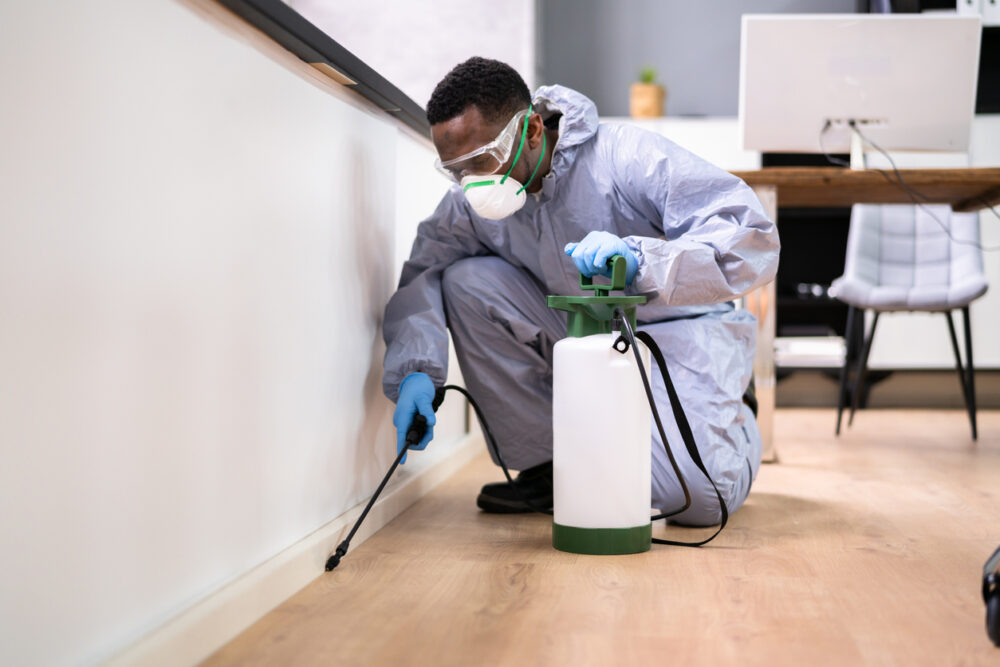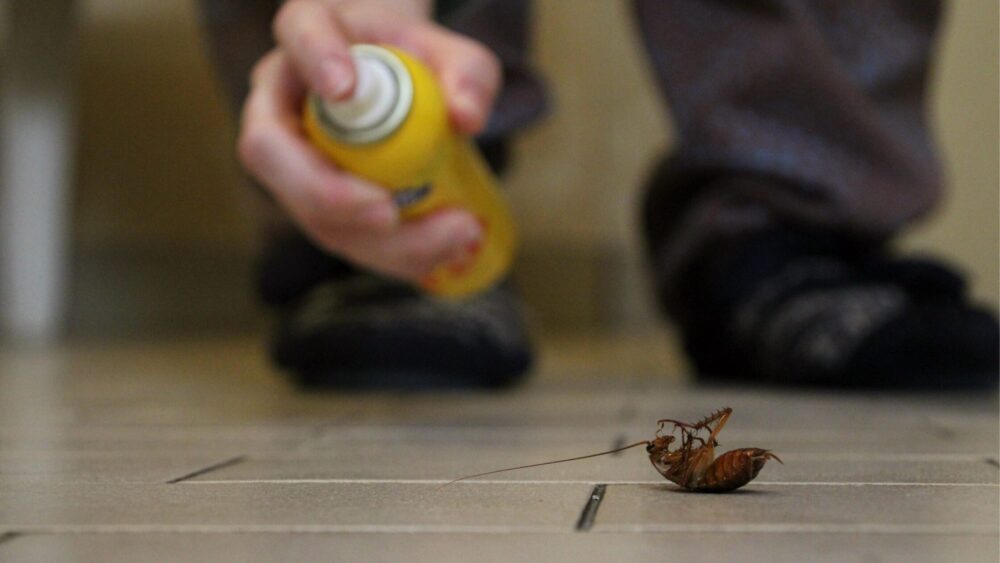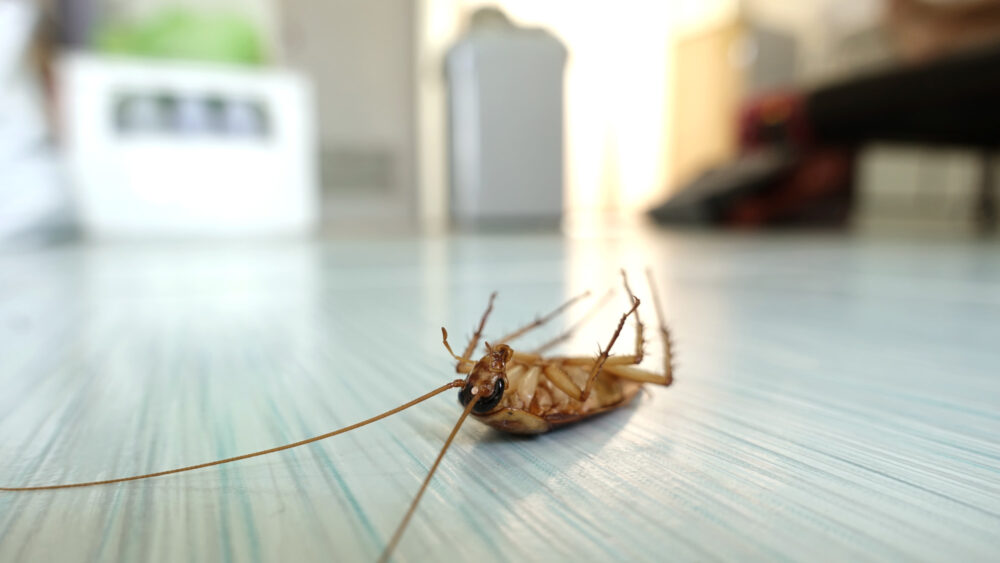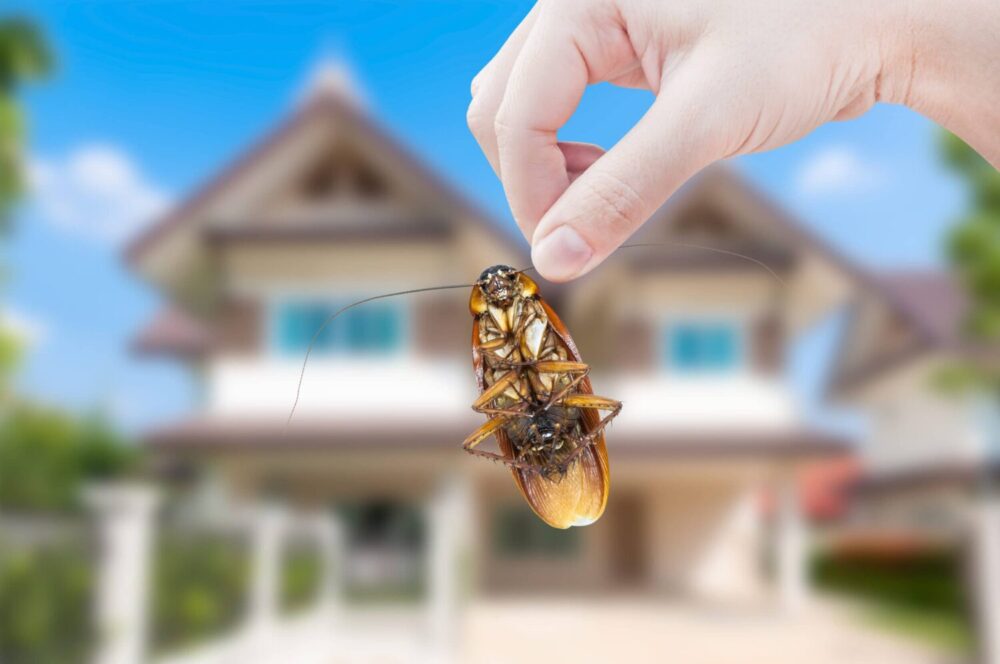Basements, often characterized by their dark corners and damp environments, can unfortunately become a haven for various pests. But fear not! With the right knowledge, tools, and a proactive approach, you can transform your basement into a space that’s inhospitable to these unwelcome guests.
In this comprehensive guide, we’ll explore the intricacies of basement pest control, offering detailed insights and actionable tips to help you maintain a pristine, pest-free environment.
The Importance of Pest Prevention

Source: wigmoretrading.com
It’s often said that an ounce of prevention is worth a pound of cure, and this couldn’t be truer when it comes to pest control. Pests, apart from being a nuisance, can cause structural damage, spread diseases, and create an overall uncomfortable living environment.
By preventing their entry and establishment, you not only save time and money but also avoid the stress and health risks associated with infestations. Moreover, a pest-free basement enhances the overall value of your home, ensuring peace of mind for both residents and potential future buyers.
Sealing Entry Points and Cracks
Pests, especially small ones, are experts at finding entry points into our homes. Basements, being close to the ground and often less frequented, offer an easy entry. Regularly inspect your basement for any potential entry points.
Seal cracks in the foundation, gaps around windows, and spaces around utility lines. Using caulk, steel wool, or other appropriate materials ensures a tight seal, making it difficult for pests to infiltrate. Remember, even the tiniest crack can be an open invitation to a pest, so thoroughness is key.
Proper Basement Ventilation

Source: boggsinspect.com
A well-ventilated basement is less attractive to many pests, especially those that thrive in damp conditions. Ensure that your basement has adequate ventilation to prevent the buildup of moisture.
This not only deters pests like silverfish, mold mites, and cockroaches but also prevents mold growth, which can lead to health issues. Consider installing exhaust fans or dehumidifiers and regularly check vents for blockages. A fresh, dry basement is both healthier for inhabitants and less inviting to pests.
Reducing Moisture Levels
Moisture is a primary attractant for many pests. Damp environments provide the perfect breeding ground for insects like mosquitoes, cockroaches, and various molds. To reduce moisture levels, consider using a dehumidifier, especially during humid months. Regularly check for any water leaks or seepage and address them promptly.
Gutters and downspouts should be directed away from the foundation to prevent water accumulation. Additionally, avoid storing wet items in the basement and ensure that any spills or dampness are cleaned up immediately. A dry basement is not only less appealing to pests but also promotes a healthier living environment by preventing mold growth.
Keeping Basements Clean and Clutter-Free

Source: allabouttidy.com
A cluttered basement provides numerous hiding spots for pests. Regular cleaning and decluttering can significantly reduce the chances of an infestation. Avoid storing cardboard boxes directly on the floor, as they can absorb moisture and attract pests.
Instead, use plastic bins with tight-fitting lids. Regularly vacuum and clean the basement, paying special attention to corners and hidden areas. Dispose of unwanted items and ensure that stored items are organized and easily accessible. A clean and orderly basement not only deters pests but also makes it easier to spot any potential issues early on.
DIY Pest Control Methods
While professional pest control is often necessary for severe infestations, there are several DIY methods homeowners can employ for minor issues. Sticky traps can be effective for catching spiders and silverfish. Bait stations can help control rodent populations. Diatomaceous earth, a natural insect killer, can be sprinkled in areas where pests are commonly found.
However, always ensure that any DIY methods used are safe for pets and children. It’s essential to read and follow label instructions carefully and to understand that while DIY methods can be effective, they might not provide a long-term solution for more persistent pests.
Natural Pest Deterrents

Source: blog.origin.com.sg
For those seeking eco-friendly solutions, there are several natural deterrents to consider. Essential oils like peppermint, eucalyptus, and lavender can repel spiders and mice. Sprinkling cucumber slices or bay leaves can deter cockroaches, as they dislike the smell.
Planting mint around the foundation of your home can also help keep rodents at bay. While natural deterrents can be effective, they often need to be reapplied and might not be as potent as chemical solutions. However, they offer a safer alternative, especially for households with pets and children.
When to Call in the Professionals
While preventive measures and DIY solutions can be effective, there are times when professional intervention is necessary. If you notice signs of a severe infestation, such as structural damage, droppings, or an increase in pest sightings, it’s time to call in the experts.
Professionals have access to tools and treatments not available to the general public. They can provide a thorough assessment, identify the root of the problem, and offer long-term solutions. Remember, early intervention can save time, money, and prevent potential health risks.
Understanding Pest Life Cycles

Source: caycebugs.com
To effectively combat pests, it’s crucial to understand their life cycles. Many pests reproduce rapidly, leading to larger infestations if not addressed promptly. For instance, understanding that a single cockroach can lay up to 50 eggs at a time highlights the importance of early intervention.
By disrupting their life cycles, you can prevent future generations and reduce the overall population. This knowledge allows homeowners to target pests more effectively and choose the right treatment methods.
Storing Food and Trash Properly
Pests are often drawn to basements in search of food. Ensure that any food items stored in the basement are sealed in airtight containers. Regularly empty trash bins and use cans with tight-fitting lids. Avoid leaving pet food out, as it can attract rodents and other pests. Proper food storage not only deters pests but also ensures that your food remains uncontaminated and safe to consume.
Maintaining a Pest-Free Basement

Source: stopmybugs.com
Consistent inspections and maintenance are key to a pest-free basement. Regularly check for signs of pests, such as droppings, nests, or damage to stored items. Address any issues promptly to prevent them from escalating.
Consider scheduling annual inspections with a pest control professional to ensure that your basement remains bug-free. With proactive measures and regular upkeep, you can enjoy a clean, comfortable, and pest-free basement.


















